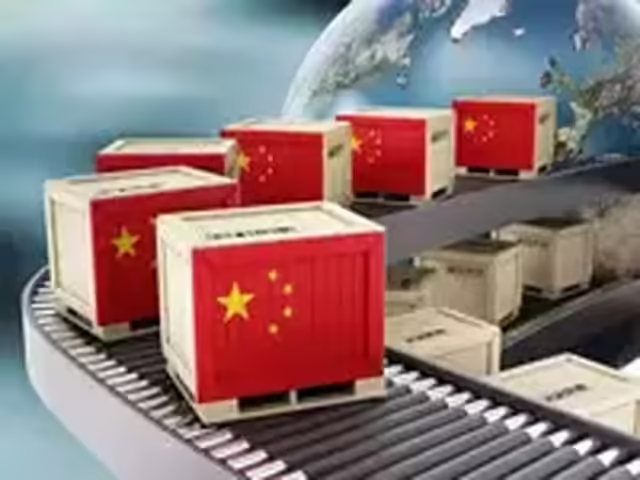Vikram Solar has formally opposed the proposed anti-dumping duties of up to 30% on Chinese solar cell imports, citing risks of supply disruptions and higher costs. The government aims to protect domestic manufacturers, balancing short-term challenges with long-term growth of India’s solar manufacturing industry.
Vikram Solar, one of India’s leading solar energy companies, has made formal representations to the government opposing the proposed imposition of anti-dumping duties on solar cell imports from China. This move comes in response to recent regulatory actions where the Directorate General of Trade Remedies (DGTR) recommended anti-dumping duties of up to 30% on Chinese solar cells to protect domestic manufacturers from allegedly unfairly low-priced imports.
Key Highlights:
Vikram Solar argues that imposing these duties could disrupt the solar supply chain, raise module prices, and slow down India’s solar capacity expansion ambitions.
The DGTR’s investigation found that Chinese solar cells were being dumped in India at margins as high as 105-115%, harming domestic manufacturers during the 2020-2021 injury period.
Recommended anti-dumping duties range from 23% to 30% on the Cost, Insurance, and Freight (CIF) value of solar cells imported from China for three years, pending final government approval.
Vikram Solar’s representations highlight concerns about immediate supply constraints and increased costs for solar project developers due to reduced access to competitively priced components.
Despite opposition, the government aims to bolster domestic solar cell manufacturing capacity and reduce reliance on imports through these trade remedies coupled with policies like the Approved List of Models and Manufacturers (ALMM-II).
Industry experts note that while duties may pose short-term challenges, they could stimulate local manufacturing growth, self-reliance, and technological innovation in India’s solar sector over the medium to long term.
Vikram Solar’s stance reflects the broader industry tension balancing protectionism with the need for affordable solar energy as India pursues ambitious renewable energy targets.
As the government weighs final decisions, the solar industry watches closely how this could reshape the solar module supply chain and affect project economics, investment dynamics, and India’s green energy transition.
Sources: Mercom India, Economic Times, ScanX Trade, Renewable Affairs

